News

Jun 30, 2025
Huck announces 2025-26 Leadership Fellows
Three faculty members, representing three different Penn State colleges, have been named Huck Leadership Fellows for the 2025-26 academic year.
Full Article
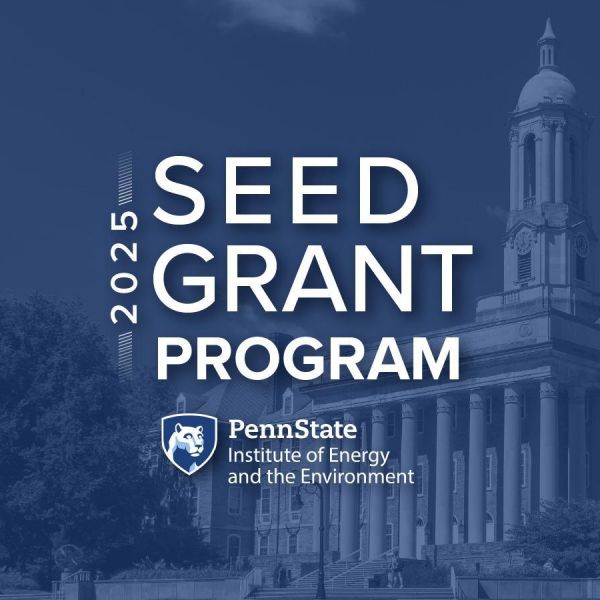
Jun 24, 2025
Ten interdisciplinary research teams awarded IEE seed grants
Ten interdisciplinary research teams have received funding through the Institute of Energy and the Environment’s (IEE) 2025 Seed Grant Program.
Full Article

Jun 16, 2025
Eight Penn State research commercialization projects awarded GAP funding
Eight research projects have been selected for support from the Penn State Commercialization GAP Fund. The GAP Fund is a competitive internal program designed to help promising technologies bridge the gap between academic research and industry adoption.
Full Article
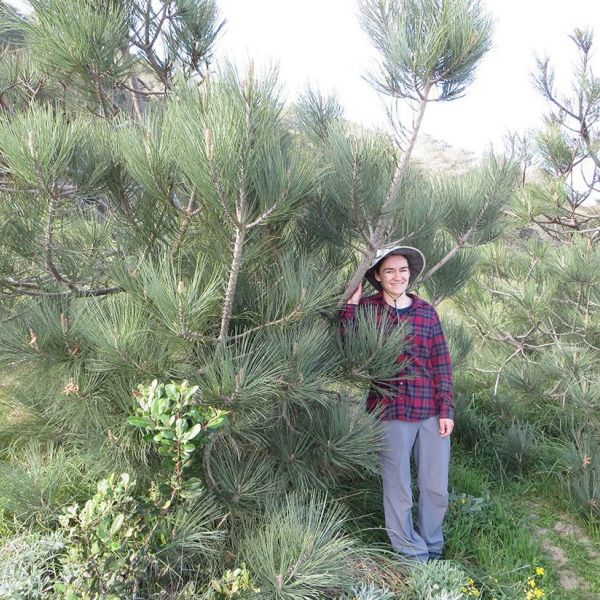
Jun 03, 2025
Isolated Torrey pine populations yield insights into genetic diversity
Researchers find a few genes that allowed trees from insular populations to adapt to local conditions may inhibit their adjustment long term to a new location.
Full Article
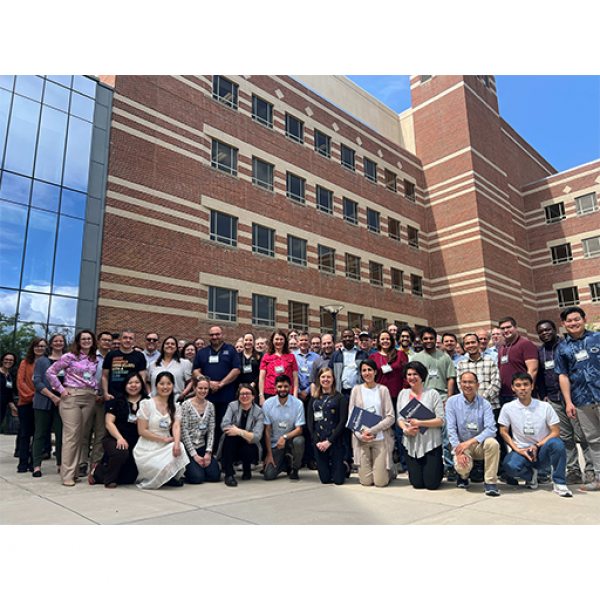
May 23, 2025
Penn State agricultural technology event aimed at ‘closing the innovation gap’
Penn State’s College of Agricultural Sciences will convene leaders from academia, industry, government and stakeholder networks for a symposium focused on accelerating agricultural innovation through cross-sector collaboration.
Full Article
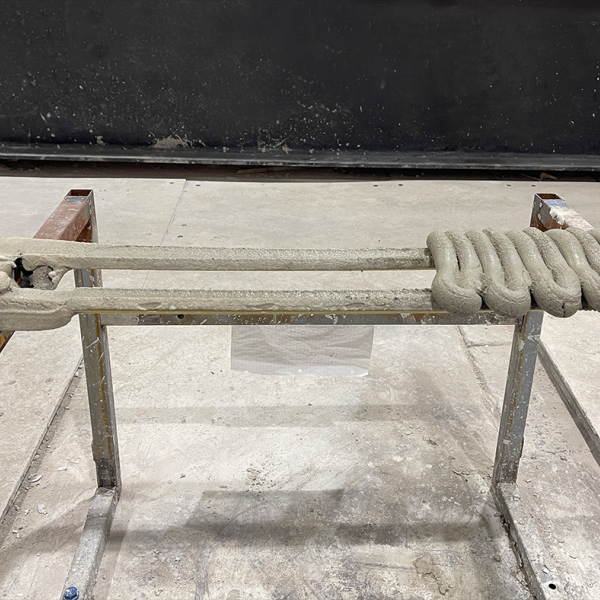
May 12, 2025
Manufacturing PA Innovation Program funds two Stuckeman-led research projects
Two projects led by Stuckeman School architecture researchers have garnered grants through the Pennsylvania Department of Community and Economic Development’s Manufacturing PA Innovation Program
Full Article
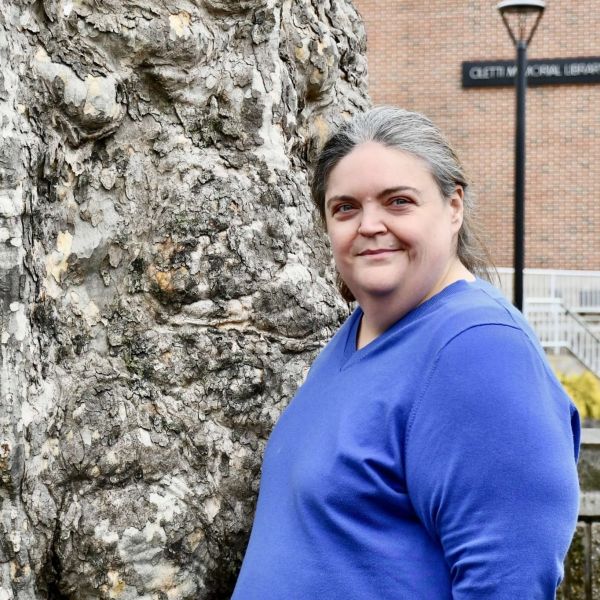
Apr 10, 2025
Penn State Schuylkill biologist recognized as a PERC Campus Sustainability Champion
The Pennsylvania Environmental Resource Consortium (PERC) has named Mary Ann Smith, lecturer of biology at Penn State Schuylkill, as a 2025 Campus Sustainability Champion.
Full Article
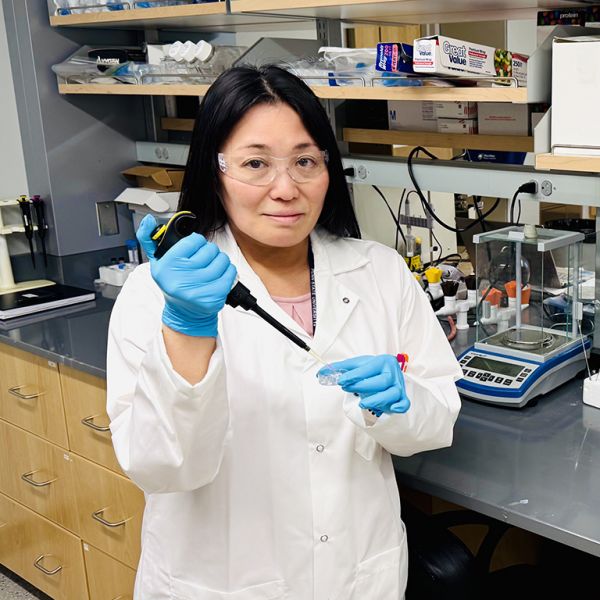
Apr 09, 2025
‘Patchy’ thermogels show next-gen biomedical material potential, scientists say
Special biomedical materials that can be injected as a liquid and turn into a solid inside our bodies — called thermogels — could provide a less-invasive way to deliver drugs or treat wounds. Scientists at Penn State have developed a new design for these materials that further improves their properties and may hold particular promise for use in tissue regeneration, the researchers said.
Full Article
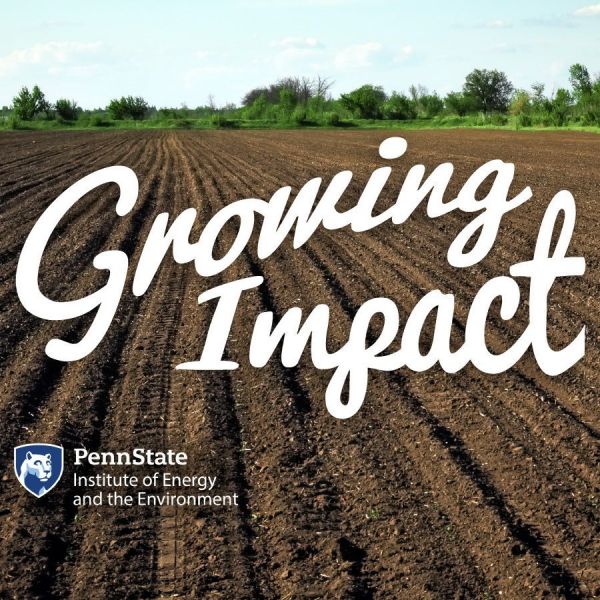
Apr 01, 2025
Researchers working to address agricultural greenhouse gas emissions
On the latest episode of “Growing Impact,” a team of Penn State researchers discusses how their seed grant project aims to address nitrous oxide emissions from the agricultural sector by developing a system for real-time emissions monitoring and reduction.
Full Article
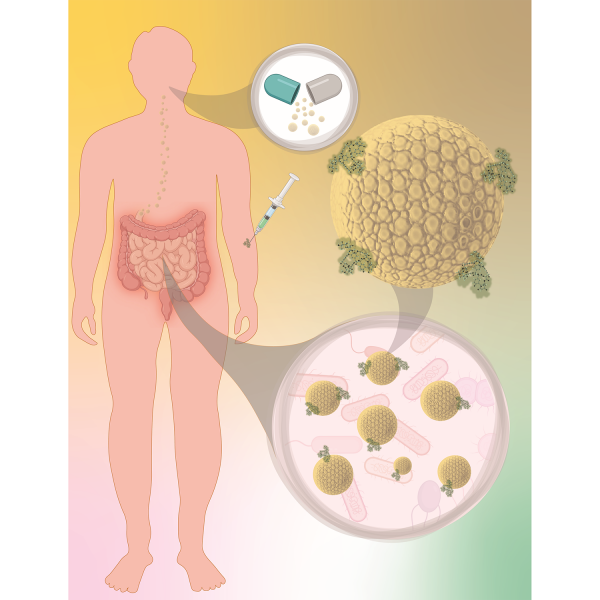
Mar 18, 2025
FDA-approved dialysis drug may help fight against antimicrobial resistance
The study, conducted in mice, revealed that sevelamer can successfully remove off-target antibiotics from the gut.
Full Article